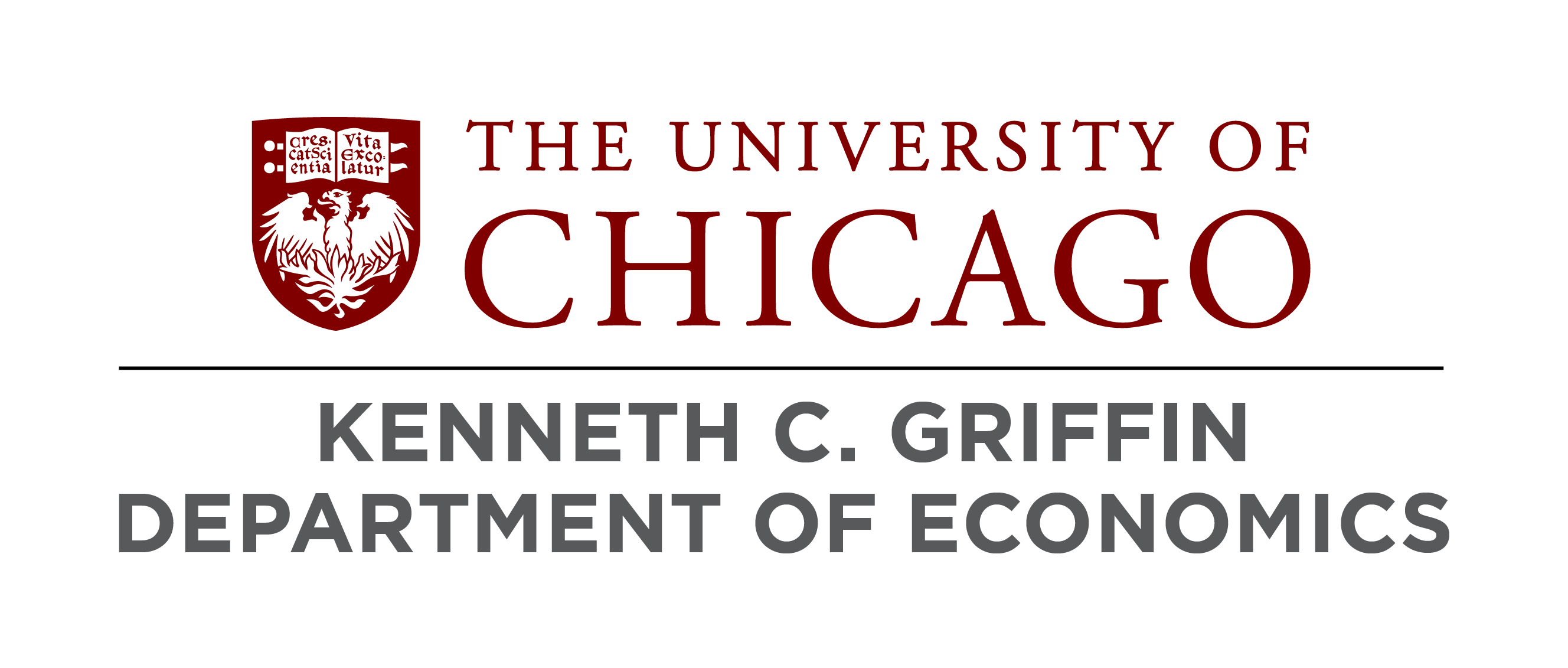STUDY SUGGESTS THE U.S. MAY UNDERVALUE TIMESAVING TRANSPORTATION INFRASTRUCTURE
PUBLISHED ON JAN 22, 2021
For Lyft users, time is money—now, we know how much
Study suggests the U.S. may undervalue timesaving transportation infrastructure
How much money is time worth? University of Chicago economists and their collaborators think they have found the answer—$19.38 per hour. It’s a finding with policy implications, according to the economists, because it suggests the U.S. government may currently be underestimating the value of travel time.
To quantify the value of time, the economists created a field experiment involving 3.7 million users of the Lyft app in 13 cities. By manipulating the price quotes and wait times displayed on the app, the researchers were able to study how much customers were willing to pay for a faster rideshare pickup.
Released by the Becker Friedman Institute for Economics, the new working paper calculated the $19 figure by modeling the relationship between wait times and prices and extrapolating to find the value of an hour. The average wait time for a ride in the study was 3.08 minutes and the average price was $13.83.
The broad nature of the experiment, said Prof. John List, allowed the economists to estimate the value of time across different people, choice circumstances and market conditions.
A pioneer in the use of field experiments in economics, List co-authored the paper with UChicago alumni Ariel Goldschmidt, Ian Muir and Jenny Wang—who now work as data scientists at Lyft—and former UChicago postdoctoral researcher Robert Metcalfe, now at Boston University. V. Kerry Smith, an emeritus professor of economics at Arizona State University, also collaborated on the paper.
“Our value of time estimate is larger than that which is currently used by the U.S. government, suggesting that society is undervaluing time improvements and subsequently underinvesting public resources in timesaving infrastructure projects and technologies,” said List, the Kenneth C. Griffin Distinguished Service Professor in Economics.
On the basis of these findings, the study’s authors recommend that policymakers account for differences in the value of time based on location and time of day when estimating the costs and benefits of new public projects, and increase their rule-of-thumb value of time estimate to 75% of the mean wage rate.
“Time is the ultimate scarce resource, and its value has deep implications for a range of economic phenomena and investment decisions,” the authors wrote. Among these, commute time is especially important because it impacts how people decide where to live.
Read the full story at news.uchicago.edu.
 THE UNIVERSITY OF CHICAGO
THE UNIVERSITY OF CHICAGO

